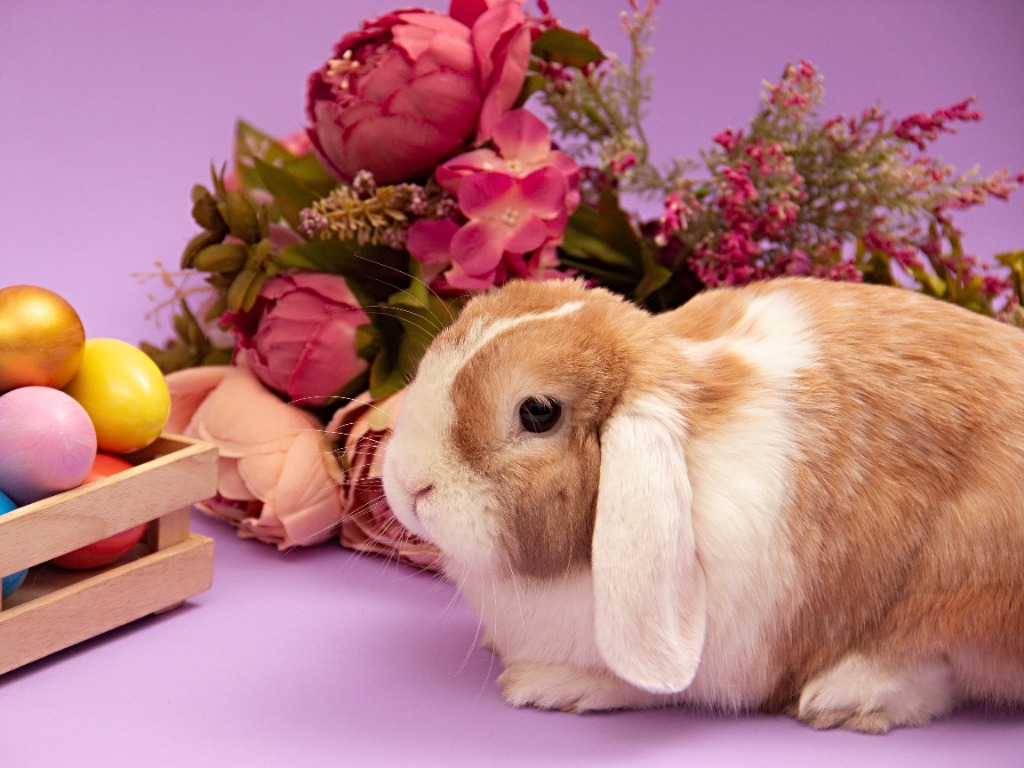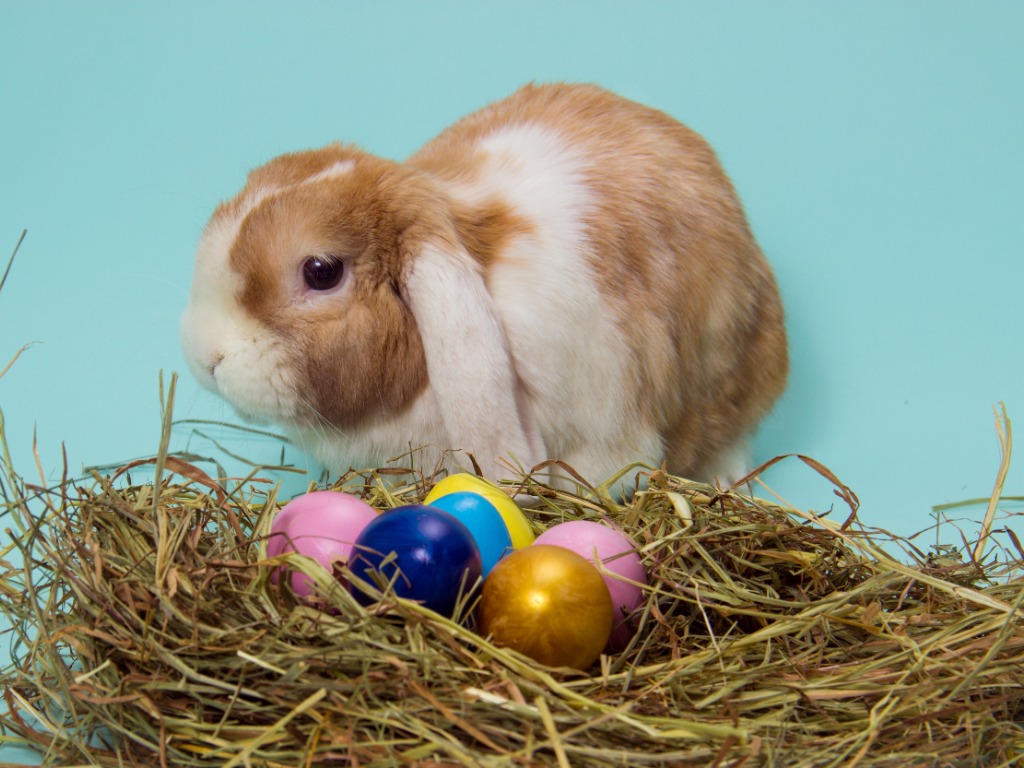What Are Rabbits’ Fears? A Comprehensive Guide
Rabbits are adorable and beloved pets that have been domesticated for centuries. They are known for their cute appearance, soft fur, and playful personalities. However, like any animal, rabbits have fears and anxieties that can affect their well-being. Understanding what rabbits fear is essential for providing a safe and comfortable environment.

Rabbits are prey animals, meaning they are naturally wired to be on the lookout for danger. They have a heightened sense of hearing and can detect even the slightest of sounds. Loud noises, sudden movements, and unfamiliar surroundings can all trigger their fear response. Additionally, rabbits are afraid of predators such as dogs, cats, and birds of prey, even if they have never encountered them before. It is crucial to be aware of these fears and provide a secure and peaceful environment for your pet rabbit.
If you are a rabbit owner, it is vital to recognize the signs of fear in your pet. Rabbits can display fear by hiding, thumping, and breathing heavily. These behaviors can be accompanied by freezing or shaking. While not dangerous in and of itself, stress caused by fear can eventually lead to health complications. Understanding what rabbits are afraid of can help your pet feel safe and comfortable in their environment.
Common Fears
Rabbits are naturally fearful creatures that are easily spooked by various stimuli. Identifying and understanding these fears is crucial in ensuring rabbits are happy and healthy. Here are some common fears that rabbits experience:
Loud Noises
Rabbits have sensitive ears and can be easily frightened by loud noises such as thunder, fireworks, or loud music. When exposed to loud noises, rabbits might display fearful behaviors such as hiding, thumping their hind legs, or running away.
Predators
Rabbits are prey animals and are naturally afraid of predators such as dogs, cats, and birds of prey. Even the sight or smell of a predator can cause a rabbit to become stressed and anxious. When rabbits feel threatened, they might freeze, hide, or run away.
New Environments
Rabbits can become fearful when placed in unfamiliar environments. New people, animals, or objects can be particularly frightening for rabbits. In these situations, rabbits might display fearful behaviors such as hiding or cowering.
It’s important to note that rabbits can become stressed and anxious when exposed to fearful stimuli over a prolonged period. This can lead to health complications such as digestive problems and a weakened immune system. Therefore, it’s essential to provide rabbits with a safe and comfortable environment that minimizes their exposure to fearful stimuli.
Specific Phobias

Rabbits can develop specific phobias, which are overwhelming and unreasonable fears of objects or situations that pose little real danger but provoke anxiety and avoidance.
Thumps
One of the most common fears of rabbits is thumping. Rabbits will thump their hind legs on the ground as a warning signal when they sense danger. This can be alarming to some people and may cause a fear response in them.
Handling
Rabbits can also develop a fear of handling. This is because rabbits are prey animals and being picked up can be a frightening experience for them. They may feel like a predator is attacking them. Rabbits may also become frightened if they are not handled properly, which can cause injury to them or the person handling them.
Other Rabbits
Rabbits can also develop a fear of other rabbits. This can happen if they have had a negative experience with another rabbit, such as being bullied or attacked. It can also happen if they are not properly socialized with other rabbits.
Rabbits can develop specific phobias just like humans can. Thumping, handling, and other rabbits are common fears that rabbits may develop. It is important to understand these fears and work to overcome them so rabbits can live happy and healthy lives.
Preventing Fear
Preventing fear in rabbits is crucial to their overall health and well-being. By socializing, desensitizing, and using positive reinforcement, rabbit owners can help their pets overcome their fears.

Socialization
Socialization is an essential aspect of preventing fear in rabbits. Early socialization can help rabbits become comfortable with humans and other animals. It is recommended that rabbits be socialized at a young age, ideally before they are eight weeks old.
During socialization, rabbits should be introduced to new people and animals in a controlled environment. This can help them become comfortable with new experiences and reduce the likelihood of fear.
Desensitization
Desensitization is another effective method for preventing fear in rabbits. This involves exposing rabbits to the things that scare them in a controlled environment. By gradually increasing exposure to these stimuli, rabbits can become desensitized and less fearful.
For example, if a rabbit is afraid of loud noises, the owner can gradually increase the volume of the noise over time. This can help the rabbit become accustomed to the noise and reduce fear.
Positive Reinforcement
Positive reinforcement is an effective way to prevent fear in rabbits. This involves rewarding rabbits for positive behavior and ignoring negative behavior. By rewarding rabbits for positive behavior, they are more likely to repeat that behavior in the future.
For example, if a rabbit is afraid of a particular object, the owner can reward the rabbit for approaching the object. This can help the rabbit become less fearful of the object over time.
In conclusion, rabbit owners can help their pets overcome their fears by socializing, desensitizing, and using positive reinforcement. Early socialization, controlled exposure to stimuli, and positive reinforcement can all effectively prevent fear in rabbits.